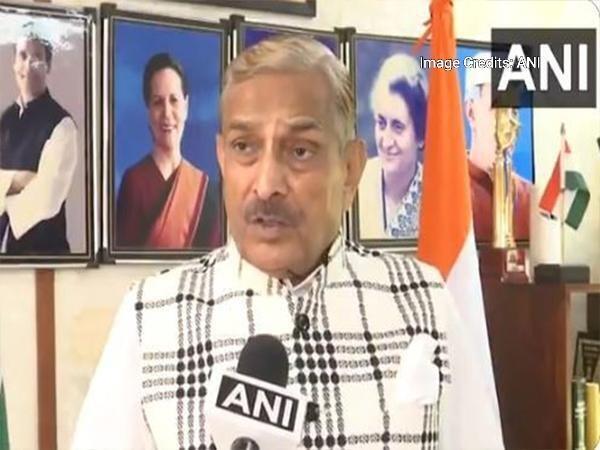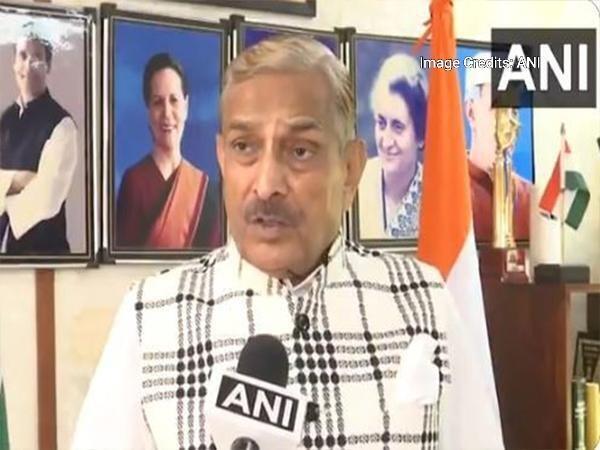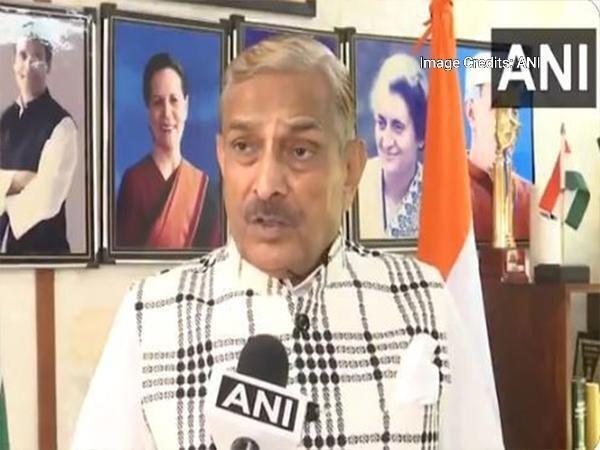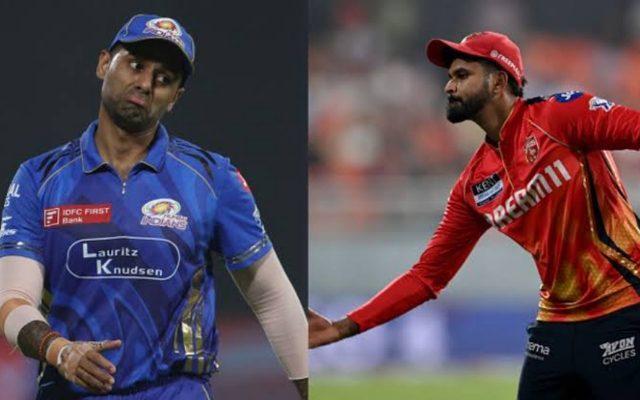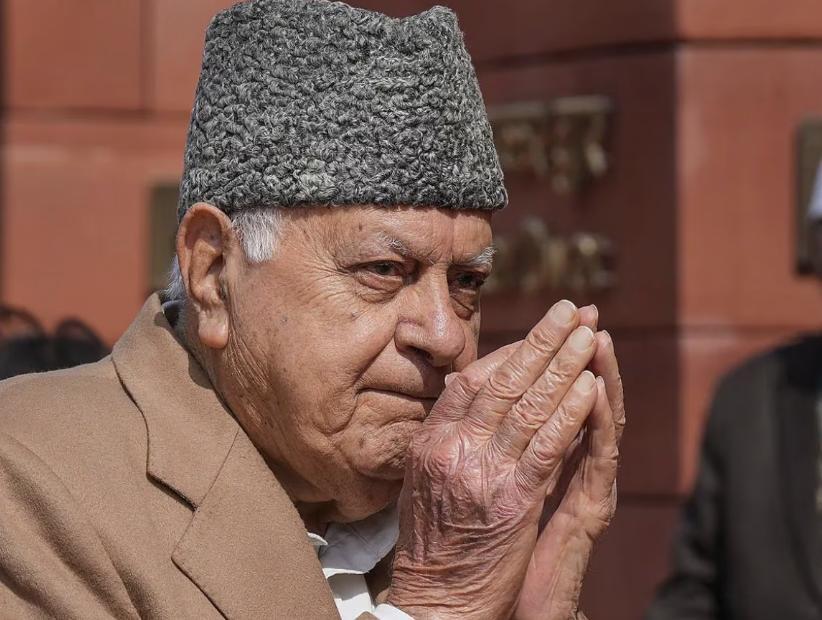
Ex-R&AW chief Dulat claims Farooq privately backed Article 370 abrogation, he denies
The abrogation of Article 370 has been a contentious issue in India, with many arguing that it was a necessary step to integrate Jammu and Kashmir with the rest of the country. However, the move has also been widely criticized, with many accusing the government of violating the rights of the people of the region. In his new book, “The Chief Minister and the Spy”, former R&AW chief AS Dulat has made a shocking claim that adds a new dimension to the controversy. Dulat has alleged that former Jammu and Kashmir Chief Minister Farooq Abdullah privately backed the abrogation of Article 370.
According to Dulat, Abdullah’s National Conference (NC) had suggested that the abrogation of Article 370 would have helped in passing the Bill in Parliament. This claim has sent shockwaves across the political spectrum, with many questioning why Abdullah would support a move that would ultimately lead to the stripping of the special status of his own state.
However, Abdullah has vehemently denied Dulat’s claim, calling it a “figment of imagination of the author who claims to be my friend”. In a statement, Abdullah said that he had never supported the abrogation of Article 370 and had always been committed to protecting the rights of the people of Jammu and Kashmir.
The controversy surrounding Dulat’s claim is not just about the veracity of the allegation, but also about the implications it has for the political landscape of Jammu and Kashmir. If Dulat’s claim is true, it would suggest that Abdullah was willing to compromise on the special status of his state in order to achieve his political goals. However, if Abdullah’s denial is true, it would mean that Dulat’s claim is nothing more than a baseless accusation.
The abrogation of Article 370 was a major move by the Narendra Modi government, which was seen as a move to integrate Jammu and Kashmir with the rest of the country. The move was widely criticized by opposition parties and many international organizations, who accused the government of violating the rights of the people of the region.
The controversy surrounding Dulat’s claim has also raised questions about the role of R&AW, India’s external intelligence agency, in the political affairs of Jammu and Kashmir. Dulat’s book, “The Chief Minister and the Spy”, is a memoir that chronicles his career as the chief of R&AW and his interactions with various political leaders, including Abdullah.
The book has raised many eyebrows due to its revelations about the inner workings of R&AW and its alleged involvement in the political affairs of Jammu and Kashmir. Dulat’s claim that Abdullah privately backed the abrogation of Article 370 is just the latest example of the kind of information that has been revealed in the book.
In the book, Dulat also claims that he had a close relationship with Abdullah and that he had often sought his advice on matters related to Jammu and Kashmir. Dulat has also revealed that he had met Abdullah several times during his tenure as the chief of R&AW and that they had discussed various issues related to the state.
However, Abdullah has denied many of the claims made by Dulat in his book, including his alleged support for the abrogation of Article 370. Abdullah has accused Dulat of distorting facts and misrepresenting his views in the book.
The controversy surrounding Dulat’s claim has also highlighted the complex web of relationships between politicians and intelligence agencies in India. The relationship between politicians and intelligence agencies is often seen as a delicate balance, with politicians seeking to use intelligence agencies to further their own interests and intelligence agencies seeking to influence political decisions.
In the case of Jammu and Kashmir, the relationship between politicians and intelligence agencies has always been particularly complex. The state has been a flashpoint for decades, with various political parties and factions vying for power and influence.
The controversy surrounding Dulat’s claim is likely to continue for some time, with many people wondering what really happened behind the scenes when Article 370 was abrogated. While Dulat’s claim may have sparked a lot of controversy, it is also likely to raise important questions about the role of intelligence agencies in the political affairs of Jammu and Kashmir.
As the debate continues, one thing is clear: the abrogation of Article 370 was a major move that has had far-reaching consequences for the people of Jammu and Kashmir. Whether Dulat’s claim is true or not, it is clear that the relationship between politicians and intelligence agencies in the state is complex and often fraught with tension.
Source: https://repository.inshorts.com/articles/en/PTI/5880e3bf-0a05-40d6-887a-465b5c760b3a
